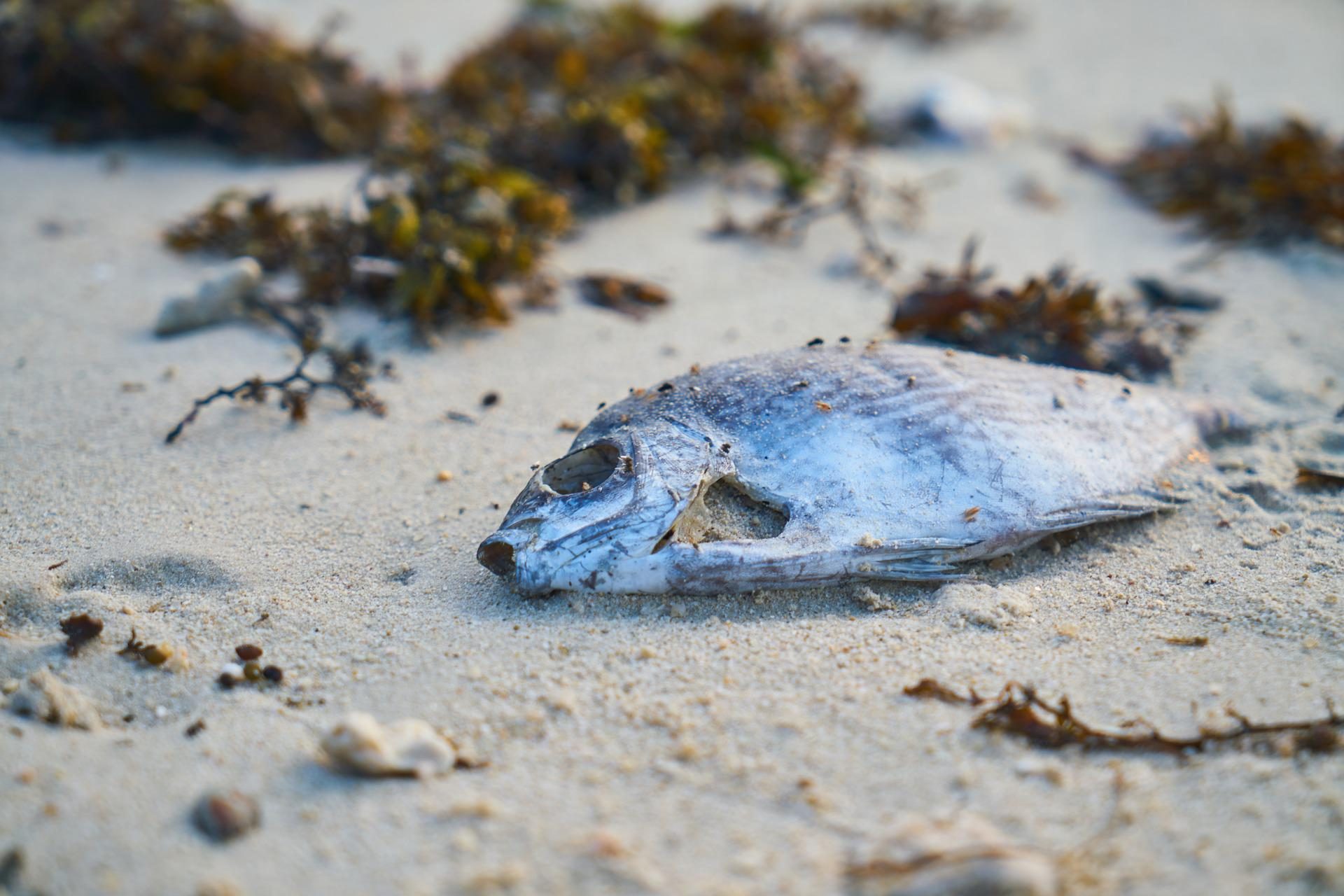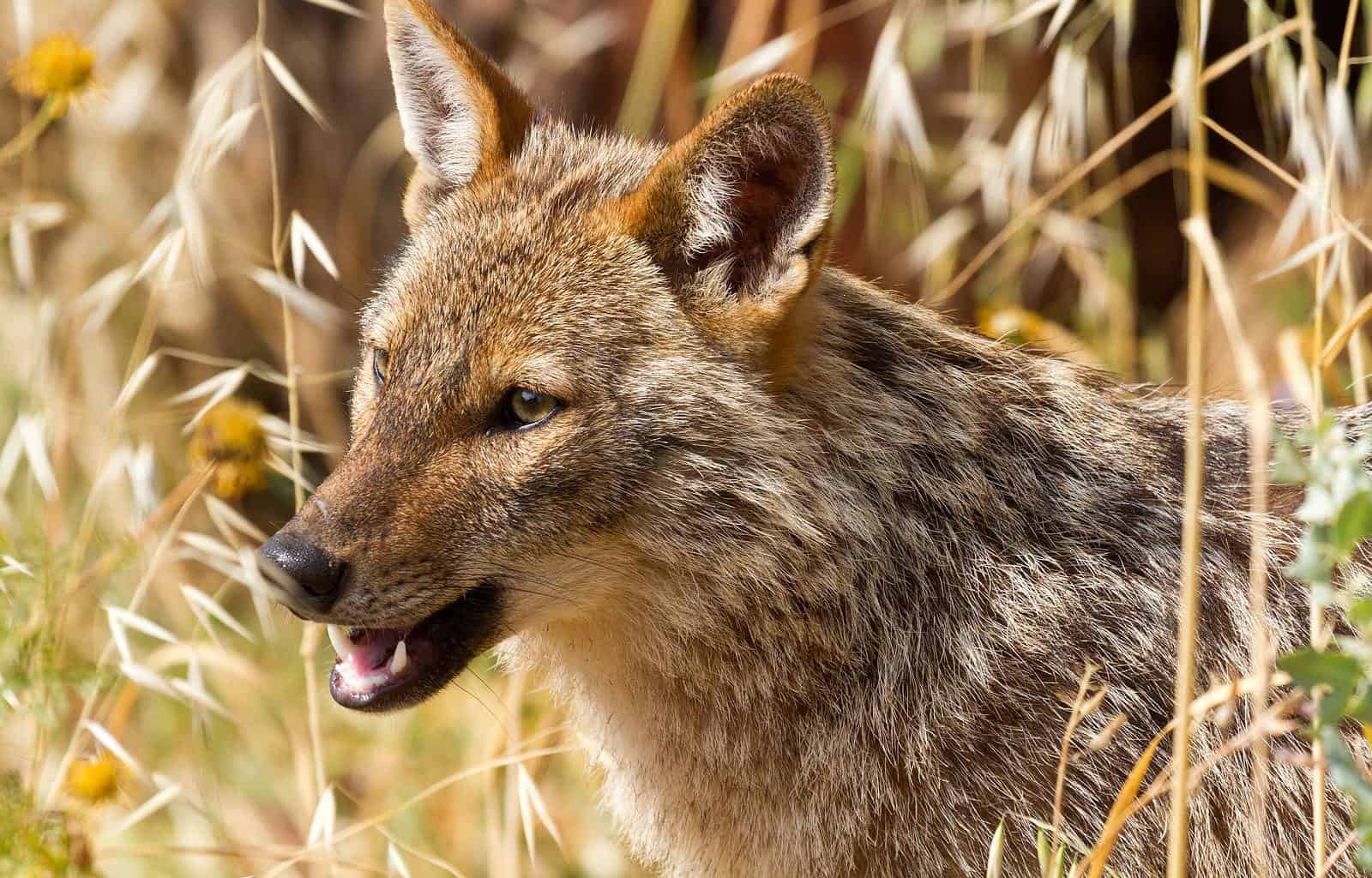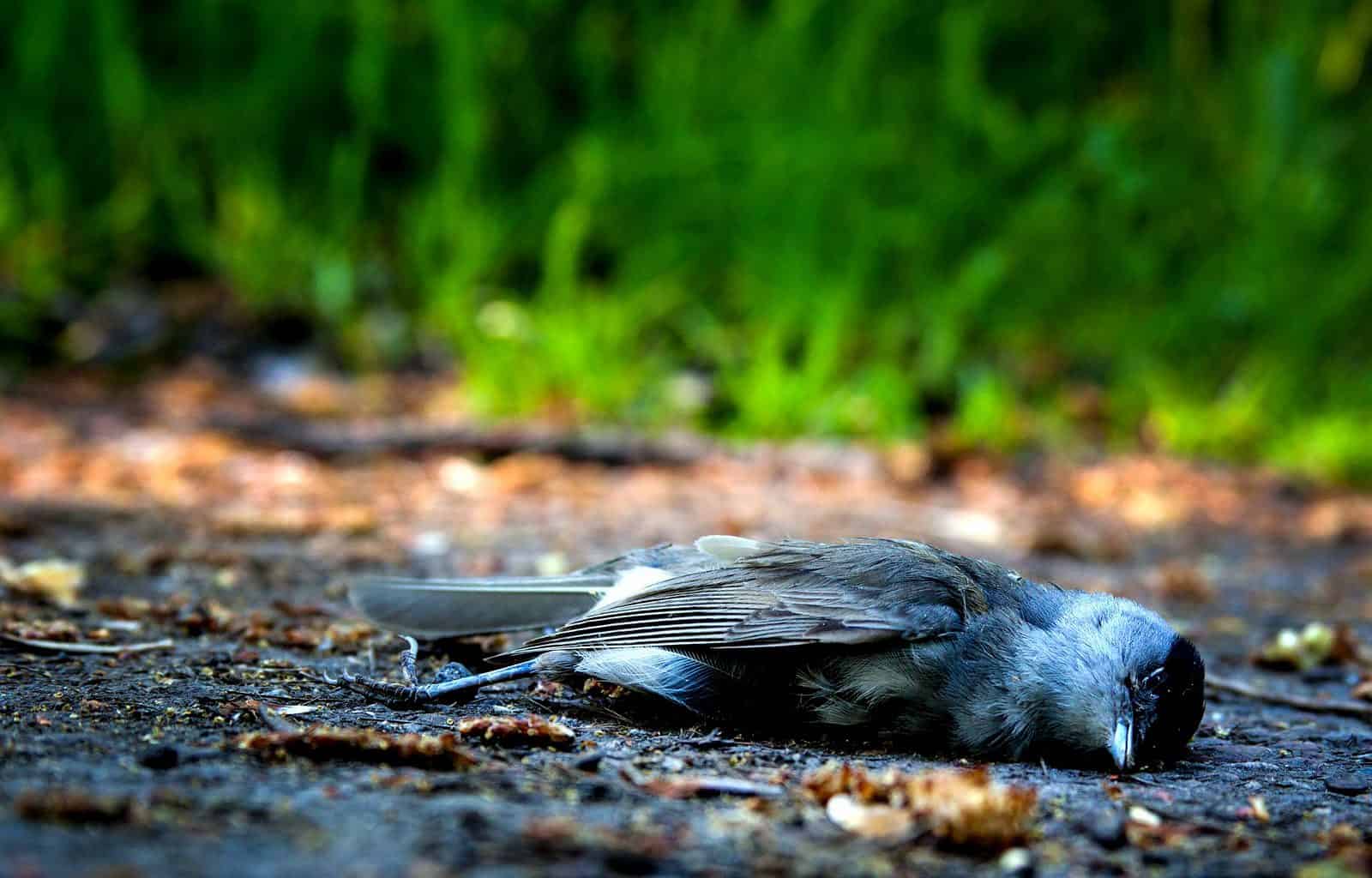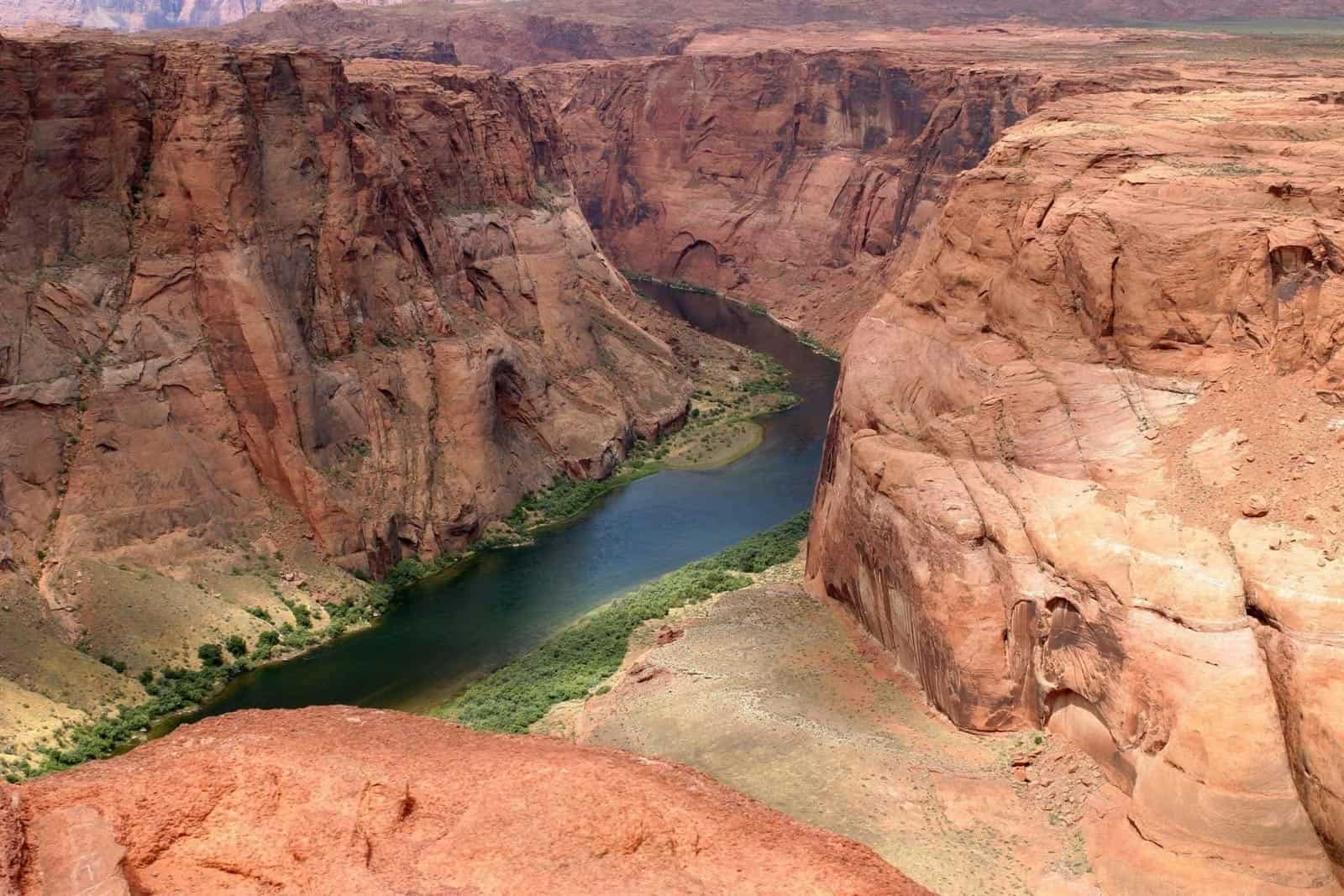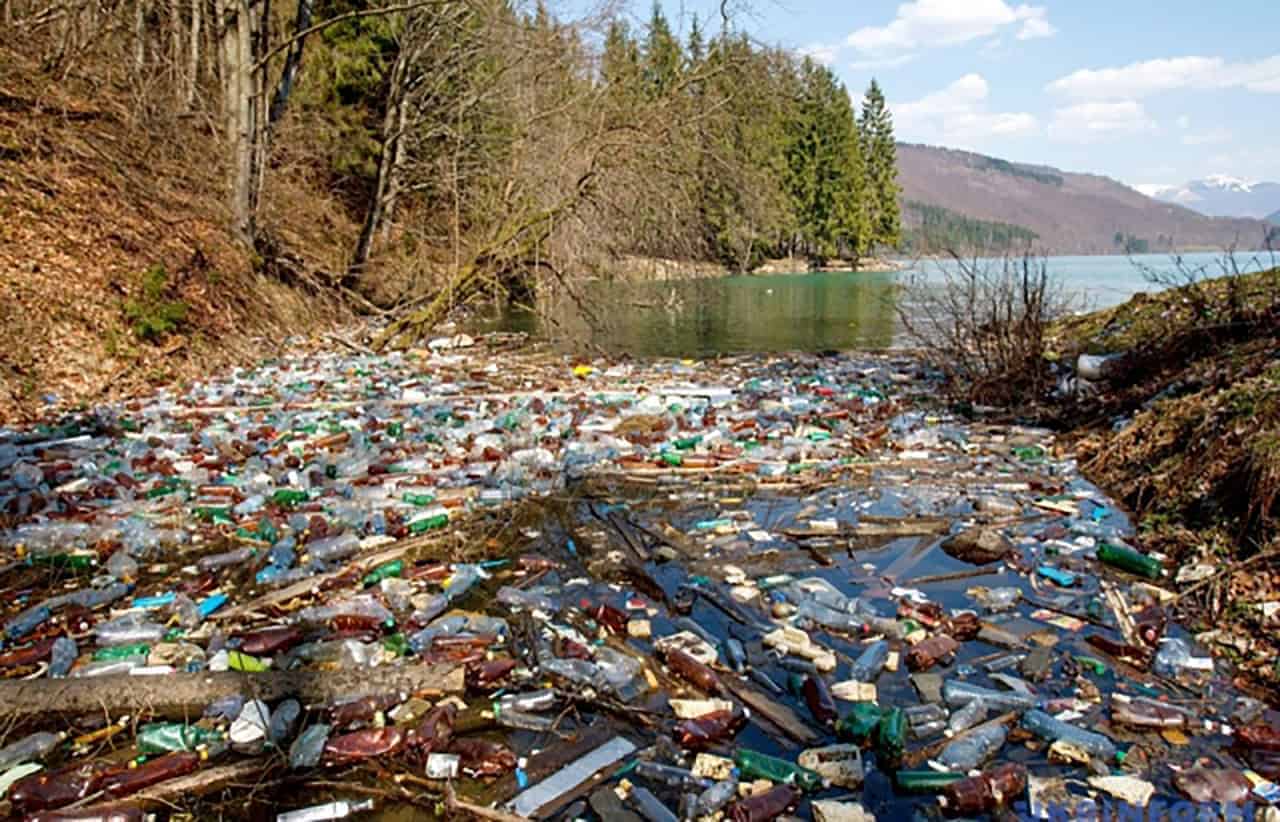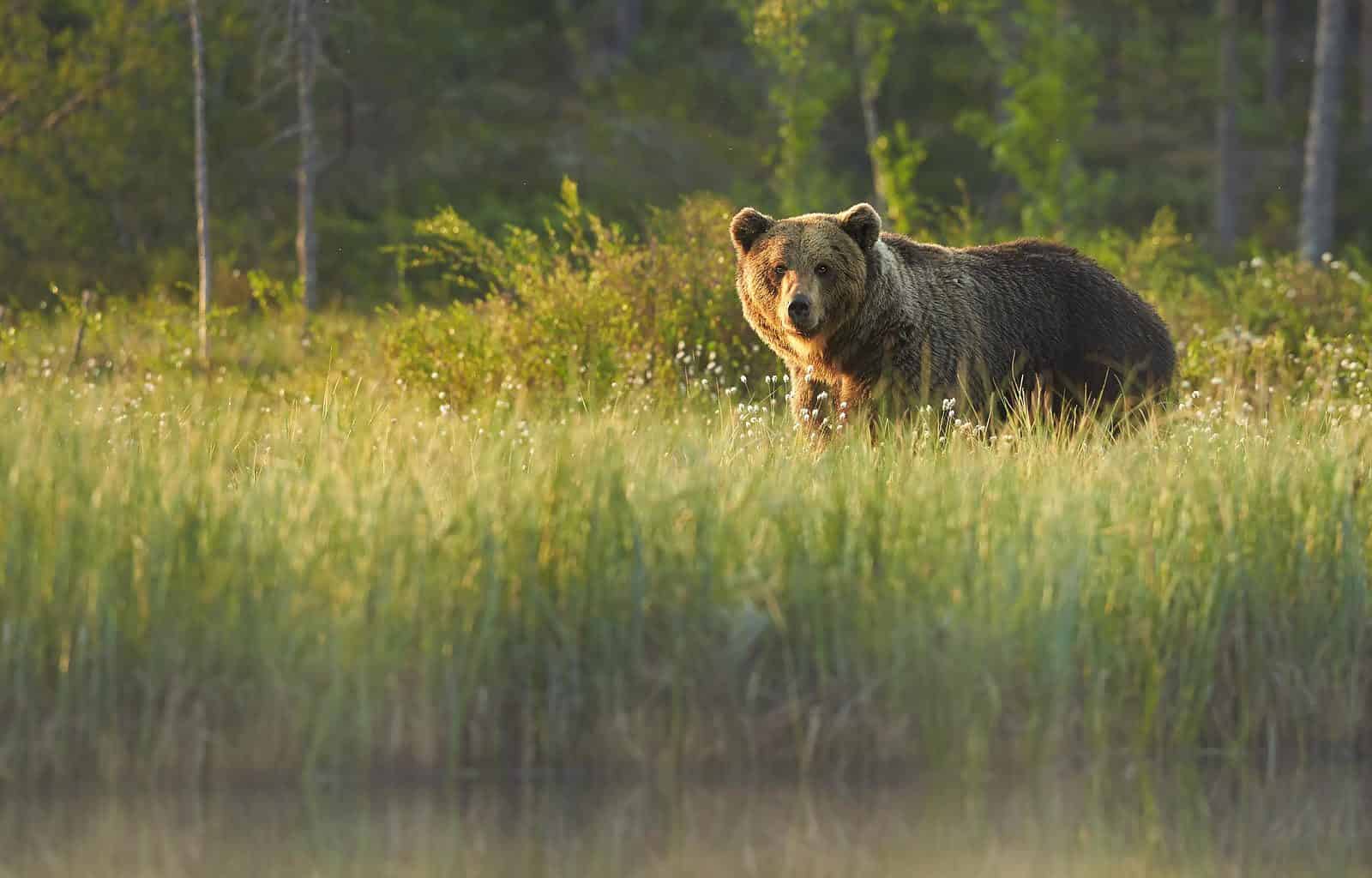Mass dying among fish in northern Poland and Germany – pollution, climate change or toxic algae?
While 2022 seems to be a good year for marine and coastal protection with a new UN ocean treaty on the horizon, freshwater fish in Poland and northern Germany are facing one of the worst mass die-offs ever recorded.
Since last Monday almost 100 tonnes of dead fish have been found in areas of the upper Oder, a central European river running through the Czech Republic and Poland before flowing into the Baltic Sea at the border between Germany and Poland. First discoveries of dead fish along the German river were reported early last week; soon more and more reports flooded in, Polish authorities confirmed similar incidents along the polish part of the river and the large scale of the problem became apparent.
Whole sections of the river were sealed off to prevent toxins or infected fish from spreading into the Baltic Sea and damaging the ecosystem there, but as long as authorities are unclear on what is causing the mass dying, effective prevention measures will be difficult to install.
Environmentalists are calling this event an “environmental disaster” with “unforeseeable consequences” for the river ecosystem and experts of both countries are quickly trying to find the source of the problem – so far with inconclusive results.
The search for a cause – a single or combined effects?
Initially experts suggested chemical pollution to explain the unexpected mass dying, as illegal deposition of waste material or other pollutions have caused similar incidences in the past. While neither German nor Polish scientists have found high levels of mercury or pesticides in the water, salt concentrations and oxygen levels were above-normal. Chemical waste deposition by companies further down the river might be responsible for this and are currently being investigated by Polish authorities, but whether this is the only cause is unclear.
“Natural” effects brought on by the prolonged heat and drought combined with natural pollutants are also possible, as irregularities in the chemical composition and water levels have been reported in Poland since the end of July. However, this is unlikely to explain the massive scope of the situation and experts are continuing to look for more direct explanations of the sudden mass dying.
The newest developments investigate the role of a toxic algae, Prymnesium parvum, in this disaster. This plant, usually more common in brackish waters, is known to affect animals and fish in particular, and so increased densities could be responsible for large-scale dying of fish and other riverine species. Since these algae rely on high salt concentrations to thrive, scientists still believe a human-caused pollution event to be the initial root of the problem.
Dying fish – concerns for the public
With so many uncertainties, a public warning has gone out to avoid any activities in and around the water of impacted areas, especially swimming, fishing or any other direct interaction with the polluted water. There are now also first reports of pets being affected, either through contact with the water of infected fish. As the Baltic Sea is a popular holiday destination, tourism companies fear the effect this might have at the hight of the summer holidays, but as long as the direct causes are unknown caution needs to be applied.
Future prospects
Scientists are unable to predict the future consequences the mass dying of fish will have for the ecosystem and other species (including humans), but prospects are likely to be dire. No-one can say how long it will take fish stocks to recover, but experts assume the whole system will be damaged for a long time.
Click here to follow the North German Broadcasting Corporation’s continuous updates on the situation.

